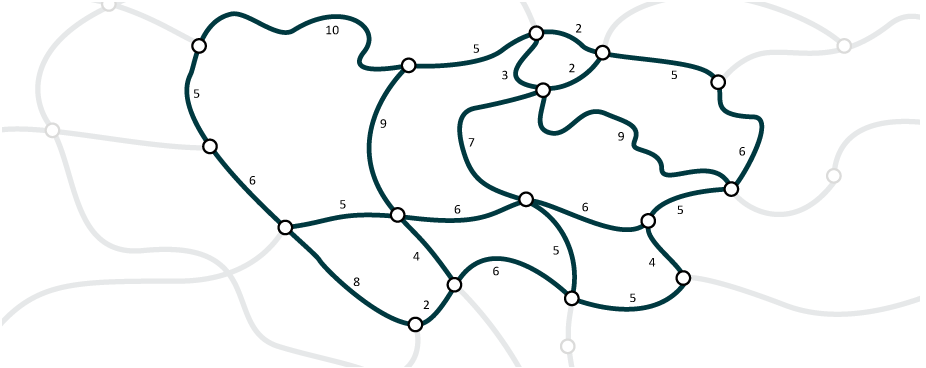Reading The End of Average by Todd Rose, a fascinating book that argues that standards and standardized assessments are radically outdated.
“Contemporary pundits, politicians, and activists continually suggest that our educational system is broken, when in reality the opposite is true. Over the past century, we have perfected our educational system so that it runs like a well-oiled Taylorist machine, squeezing out every possible drop of efficiency in the service of the goal its architecture was originally designed to fulfill: efficiently ranking students in order to assign them to their proper place in society… (p. 56)
How can a society predicated on the conviction that individuals can only be evaluated in reference to the average ever create the conditions for understanding and harnessing individuality? (p. 58)
… but once you free yourself from averagarian thinking, what previously seemed impossible will start to become intuitive, and then obvious.” (p. 72)


